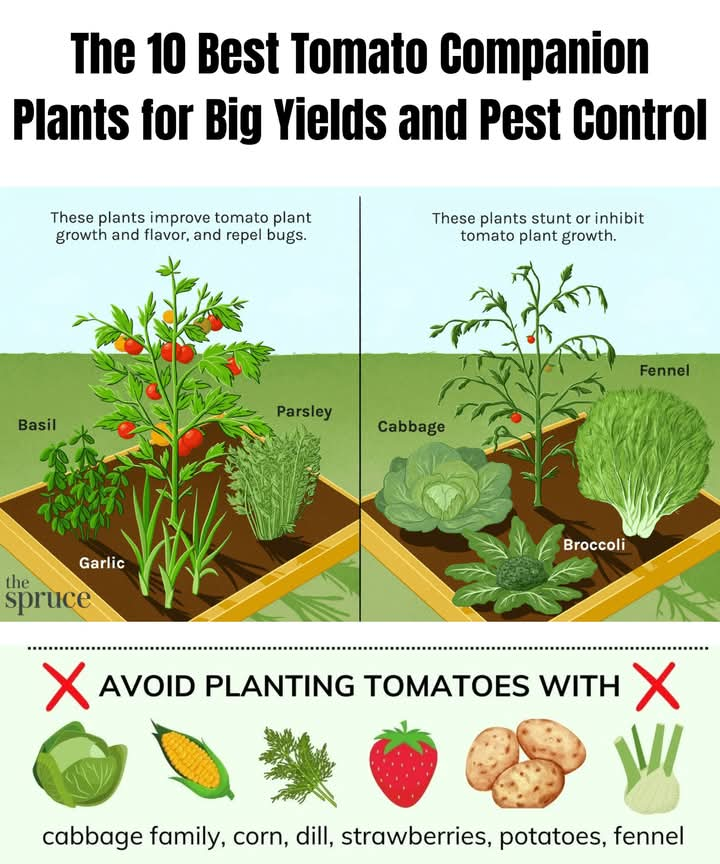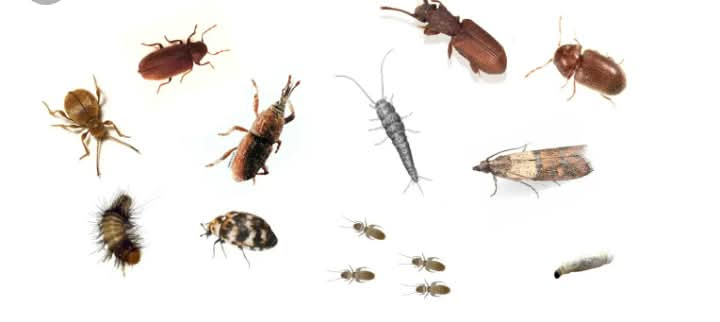Common garden insect pests
Common garden insect pests include:
1. Aphids: Small, soft-bodied insects that suck sap from plants, leading to stunted growth and distorted leaves. They can also transmit plant viruses.
2. Spider Mites: Tiny arachnids that create fine webs and cause stippling on leaves. They thrive in dry conditions and can be hard to detect until damage is done.
3. Whiteflies: Small, winged insects that also feed on plant sap. They can weaken plants and produce a sticky substance called honeydew, attracting sooty mold.
4. Japanese Beetles: Metallic green beetles that feed on a variety of plants, often skeletonizing leaves. They are particularly damaging to flowers and fruits.
5. Slugs and Snails: Mollusks that feed on foliage, especially tender young plants. They leave a silvery trail and can cause significant damage overnight.
6. Cutworms: Caterpillars that cut down young plants at the base. They are usually nocturnal and hide in the soil during the day.
7. Thrips: Tiny, slender insects that feed on flower petals and leaves, causing discoloration and scarring. They can also transmit diseases.
Controlling these pests often involves a combination of cultural practices, physical barriers, biological controls, and, if necessary, targeted insecticides. Regular monitoring and early intervention can help minimize damage.




